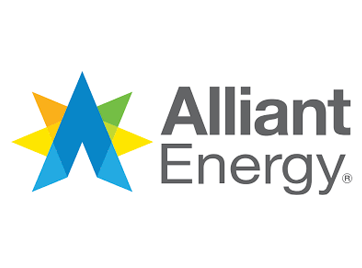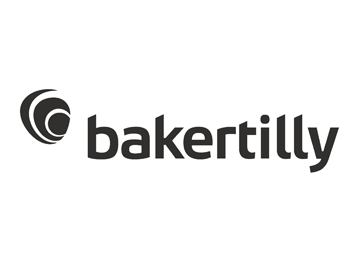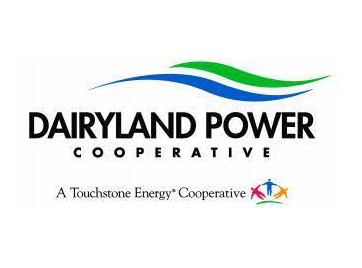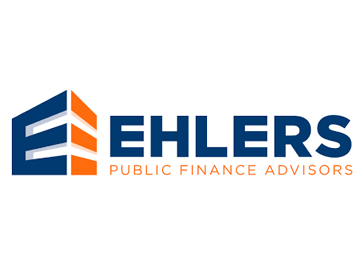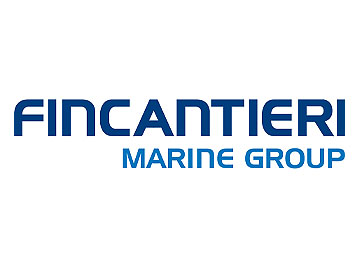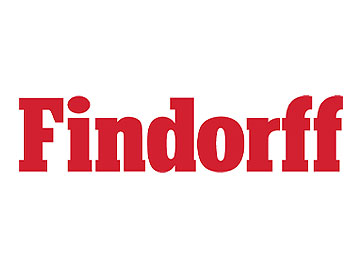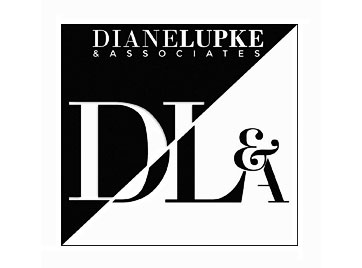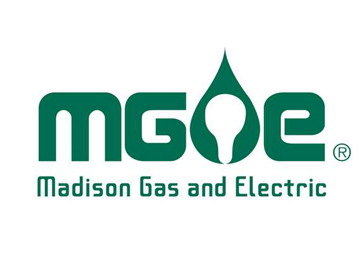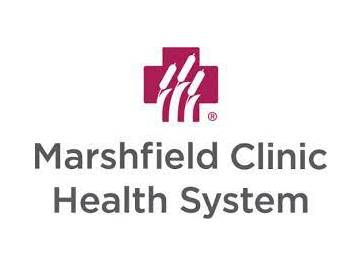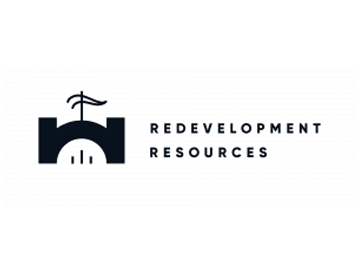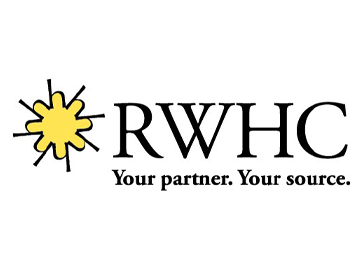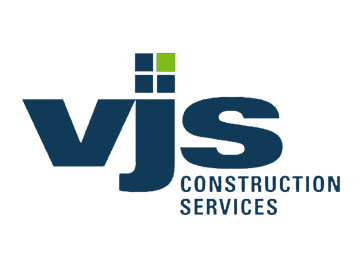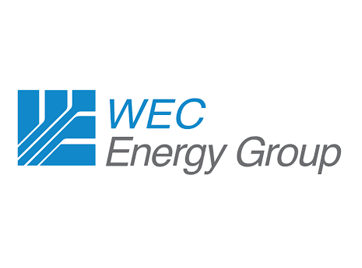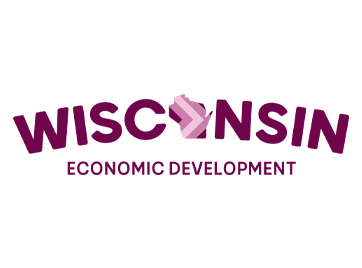Legislation was recently introduced that would cap developer incentives for projects in tax incremental financing (TIF) districts. The proposal will significantly diminish the value of TIF, prevent key economic development projects across the state and put Wisconsin at a competitive disadvantage.
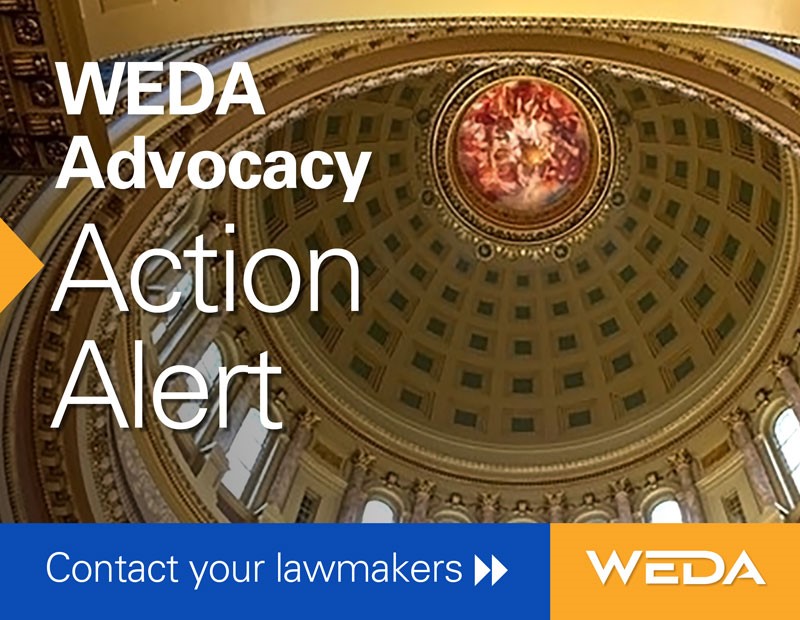
The 20 percent cap on developer incentives proposed by the yet-to-be introduced bill (LRB-4515) will restrict local control and the flexibility needed by communities to take advantage of economic opportunities. In fact, there are many TIF-related projects across the state that would not have occurred and future projects that will likely not happen under the proposed legislation.
Please contact your legislators TODAY and urge them to oppose and NOT co-sponsor LRB-4515.
BACKGROUND:
Tax incremental financing has been a successful economic development tool for nearly a half century. Its success is directly linked to the flexibility it provides municipalities to address the needs of each individual project and to best serve the residents and business in their community.
Unfortunately, LRB-4515 will erode local control over TIF-related projects, limiting development opportunities and putting Wisconsin communities at a disadvantage. The propsed legislation would essentially resurrect Gov. Tony Evers’ failed 2019-21 state budget proposal to limit to 20 percent the amount of a TIDs project costs that can go toward developer cash grants.
The bipartisan bill, which is being offered by Sen. Duey Stroebel (R-Saukville) and Rep. Jim Ott (R-Mequon), would do the following:
- Limit the amount of cash grants to 20 percent of a TID’s total project costs. The cap would not apply if the development agreement specifies that the developer will finance the cost of public infrastructure improvements within the TID and will receive reimbursement for these costs solely from the payment of cash grants.
- Require project plans adopted by a TID’s governing Joint Review Board (JRB) to include alternative economic projections to highlight the potential financial scenarios in the event of more modest economic growth.
- Clarify that a majority vote of the 5 member JRB is 3 affirmative votes. It also requires a unanimous JRB vote for the following:
- Project plan amendments to expand the territory of the TID.
- Project plan amendments to keep the TID open longer than authorized under the current approved project plan.
- Remove the statutory limit on the number of territorial amendments allowed.
WEDA strongly opposes the legislation, as it would:
- Severely limit the effectiveness of TIF. For example, municipalities will lack the ability to redevelop blighted sites where demolition and environmental remediation costs are major hurdles. Without the ability to provide adequate developer incentives and gap financing, many of these redevelopment projects are not economically feasible and are highly unlikely to occur.
- Create a “one-size-fits-all” approach to local economic development. Constructing delicate economic development deals requires flexibility and creativity at the municipal level. By thwarting local control over tax incremental financing and project deal structure, Wisconsin communities would become less competitive and lose projects to other states.
WHAT YOU CAN DO TO HELP:
E-mail or call your state legislators today and urge them to oppose and NOT co-sponsor LRB-4515 – legislation that would significantly devalue TIF in Wisconsin. Please feel free to use WEDA’s sample e-mail when contacting your lawmakers. All you have to do is cut-and-paste it into an e-mail. Please consider personalizing the e-mail and using examples to illustrate how the proposal would harm economic development in your community.
If you don’t know who your state legislators are, or do not have their contact information, simply CLICK HERE and type your home address in the upper right corner text box. Remember to contact both your state senator and state representative.
Please remember to blind copy WEDA Legislative Affairs Director Michael Welsh on any e-mail you send to lawmakers so WEDA can track its advocacy efforts.
If you have any questions on this WEDA Advocacy Action Alert request or would like additional information on the issue, please contact WEDA at mwelsh@weda.org.
ACTION ALERT RESOURCES:


